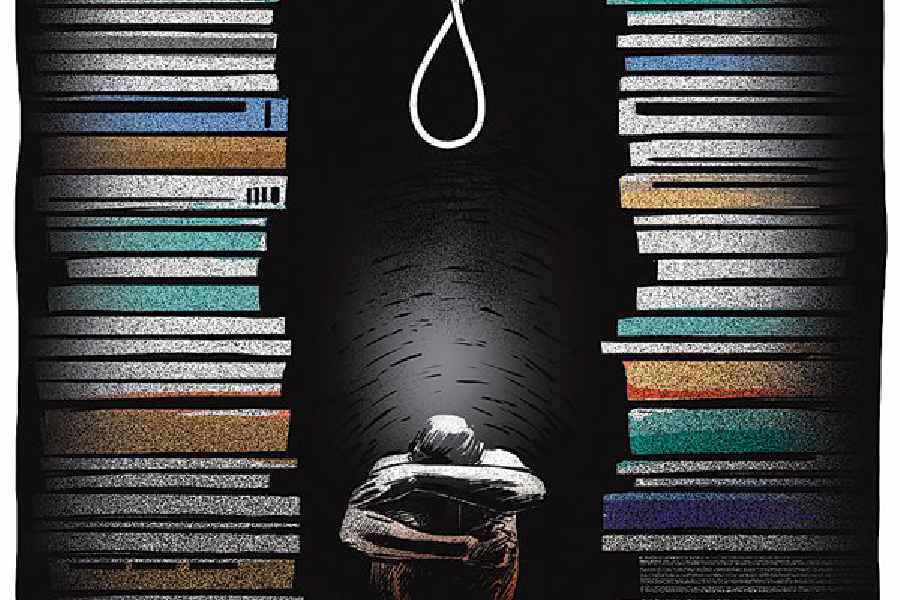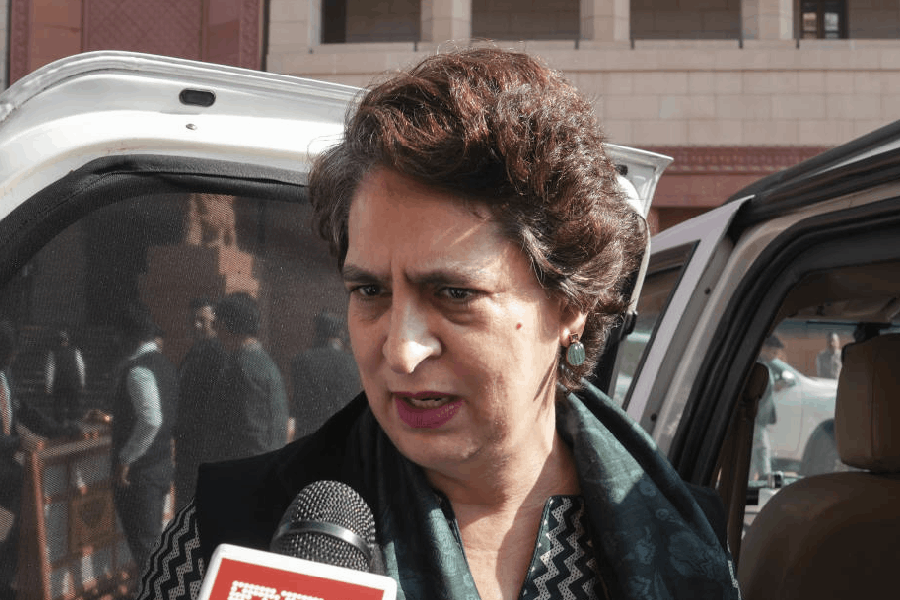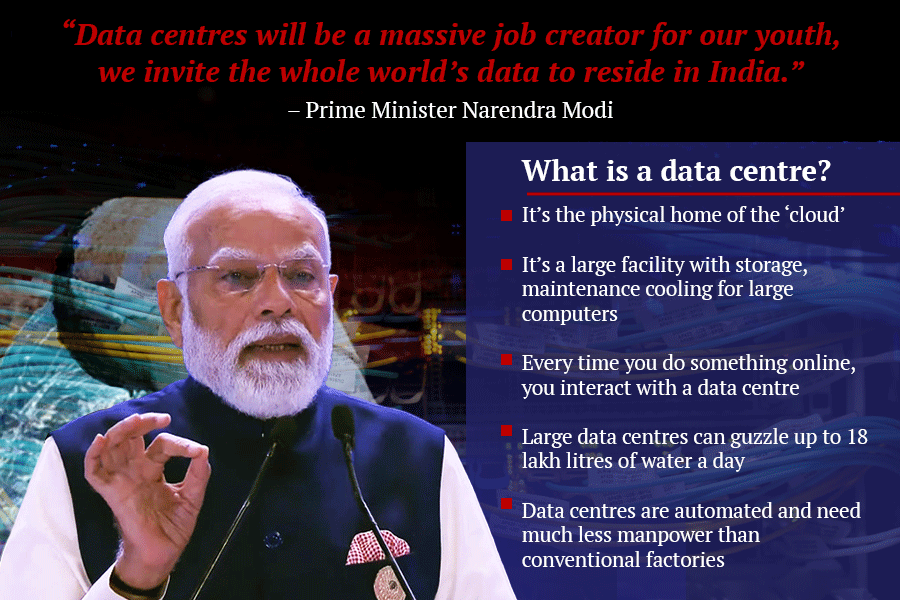The Indian Institute of Technology Delhi — it had witnessed five student suicides between 2023 and 2024 — had constituted an external panel to probe the reasons behind students taking this extreme step. While the 12-member committee submitted its findings in August last year, there is still no clarity on whether the institution has implemented its suggestions; one student committed suicide since the report was submitted. The findings of the report can be illuminating for educational institutions across the country and not just IIT Delhi. This is because data suggest that student suicides in India have grown at an alarming annual rate, surpassing even the population growth rate and overall suicide trends. In IIT Delhi’s case, the report found that burnout from excessive pressure, toxic competitiveness, and caste and gender discrimination were the key triggers behind students ending their lives. What must be noted is that the causal factors often overlap. A study by a forum for caste justice had earlier found that in higher educational institutions that endorse fierce competition and eschew empathy, discriminatory attitudes based on gender and caste get magnified. The IIT Delhi committee confirms this by stating that when a handful of students are competing for a limited number of resources, it kills the joy of learning and distorts peer relationships. The grading system, the report underlined, reinforces this pressure, promoting competition over collaboration. The bias, however, is not always explicit: for instance, enquiries about Joint Entrance Examination ranks are often a covert attempt to infer caste identities, a practice that makes students from scheduled castes and scheduled tribes feel undeserving and deficient.
Just as the causes that lead students to end their lives are applicable beyond IIT Delhi, so are some of the solutions proffered by the committee. Compulsory training for all students, faculty, and staff on inclusivity, equality and respectful behaviour is one recommended step. It is worth noting that the committee found that the usual deterrent to suicides — student counselling — has had limited success on account of confidentiality concerns, perceived stigma, and inadequate sensitivity to social discrimination issues. Laws to end discrimination on campus — the University Grants Commission had notified the UGC (Promotion of Equity in Higher Education Institutions) Regulations, 2025 — must keep these factors and suggestions in mind. Change ought to begin at home too, not just on campuses. Indian families need to understand that the mental well-being of their wards matters more than marks.










